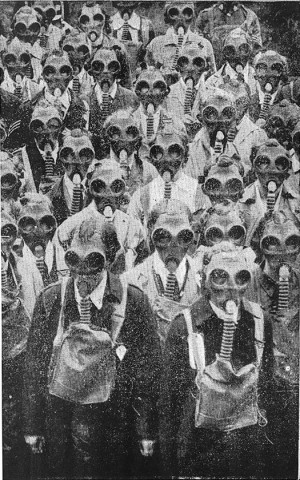Arthur C. Clarke and the future of warfare — I
Nearly a year ago, I wrote about a childhood hero of mine, on the tenth anniversary of his death. Today, I’m writing about another one, and it’s a happier occasion: it’s Sir Arthur C. Clarke’s 90th birthday! Clarke has always been my favourite of the ‘big three’ post-war science fiction writers: he evokes a sense […]


